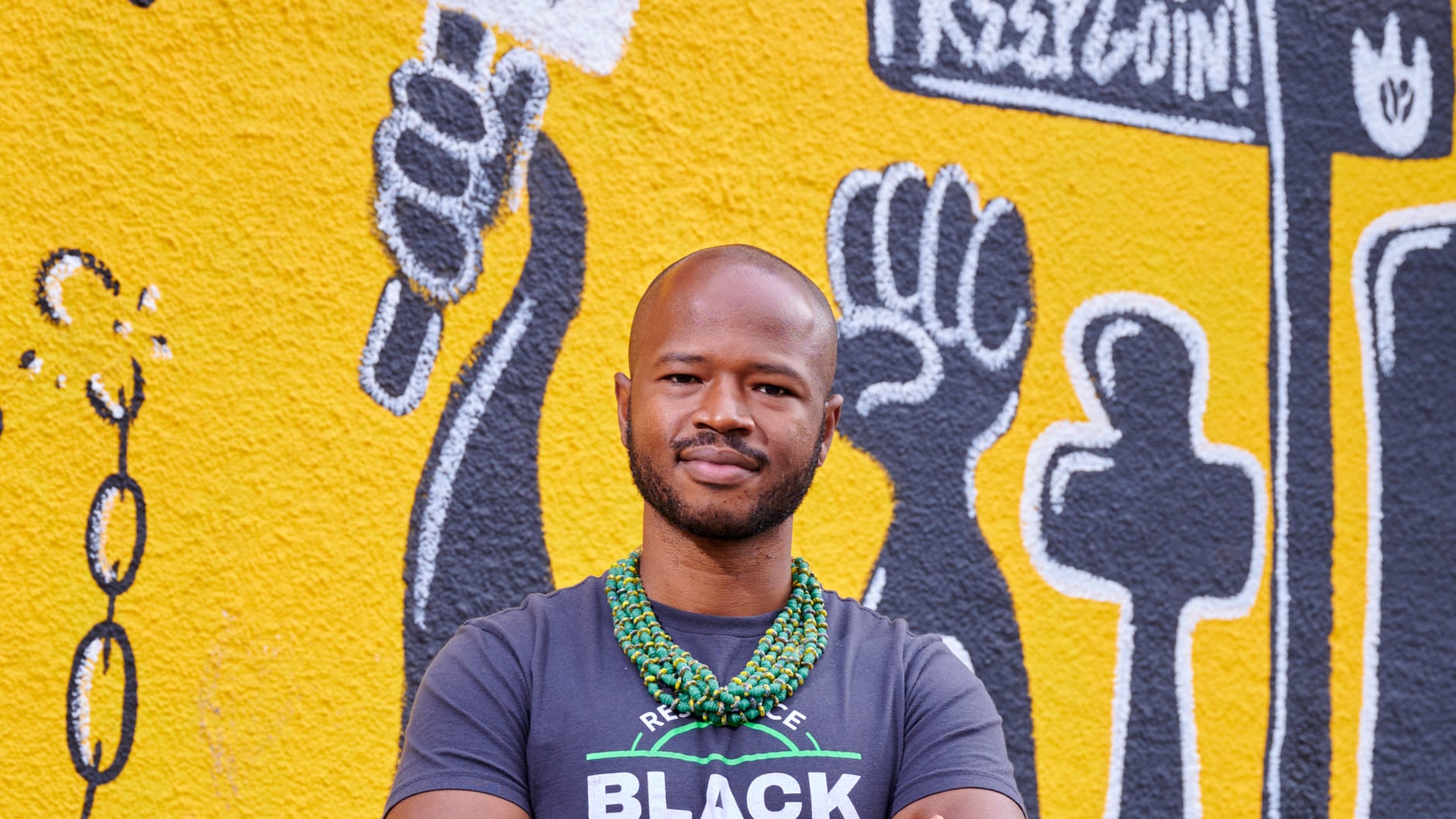Cameron Whitten, the founder and CEO of the Portland nonprofit Brown Hope, has been placed on paid administrative leave, according to the organization’s board president, Gregory McKelvey.
In an interview, McKelvey, declined to specify exactly why he’d placed Whitten on leave Dec. 7, saying it was a personnel matter.
“All I can say is we were made aware of serious allegations and those allegations rose to the level of needing a serious independent investigation,” McKelvey tells WW.
Whitten, 31, confirmed he had received an email from McKelvey yesterday placing him on leave, but says he plans to contest the decision at a special board meeting Dec. 15.
Whitten says he does not think a majority of the organization’s board was consulted before McKelvey acted. (The board consists of McKelvey, Whitten and Dashia Fontleroy.)
Whitten founded Brown Hope in 2018, and, following George Floyd’s murder in 2020, established the Black Resilience Fund, which raised $1 million in less than a month, according to the organization. Since its founding, Whitten says, the fund has distributed more than $3 million to needy Black families. (According to its most recently filed tax return, the nonprofit had revenue of $2.96 million and expenses of $1.62 million in 2020.)
Whitten has worked on establishing a program to distribute a guaranteed basic monthly income to 25 families and had notified media Dec.6 that the Black Resilience Fund was ready to begin distribution for a pilot program that would last three years.
It is unclear what effect Whitten’s suspension will have on that program. He says the money is ready to move to the beneficiaries, selected from a pool of 11,000 applicants, but getting it out the door requires further action on the organization’s part and may now be in limbo.
“What I want is for Brown Hope to thrive and for the communities we serve to continue to receive the services we provide,” says Whitten, a longtime activist who previously ran the Q Center and who serves on the board of the Reach Community Development Corporation.
While he says he’s confused by the suspension McKelvey communicated to him via email yesterday, Whitten acknowledges he could do his job better.
“I do plan on being more transparent in the future,” Whitten says. “I want the community to know we hold ourselves to the highest standards or accountability.”
McKelvey, who in his day job is a political consultant, says he’s saddened at the action he felt compelled to take and is now in the process of hiring an independent firm to review Whitten’s situation.
“It’s not an action that we took lightly or enjoyed,” McKelvey says. “It’s not a personal conflict or an internal conflict. It’s important to afford our founder due process.”
